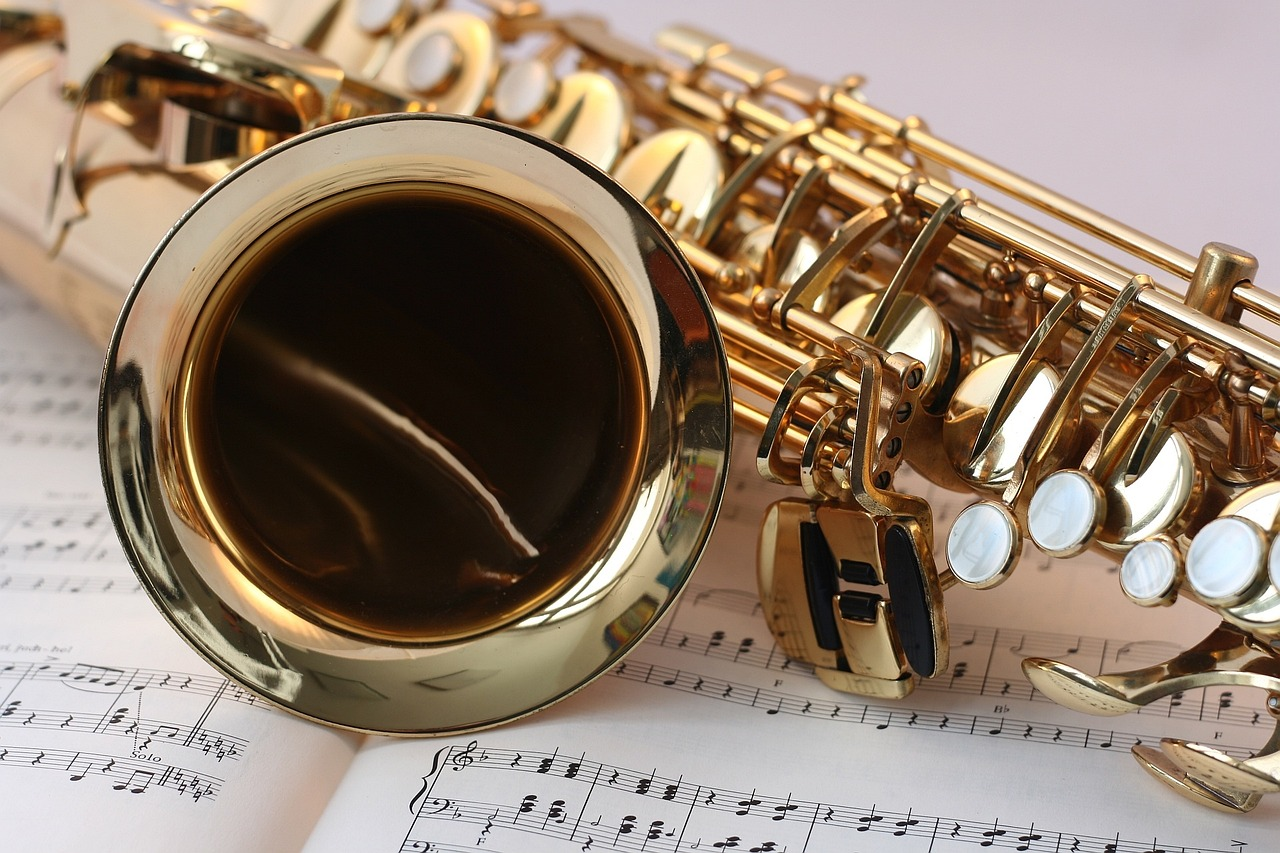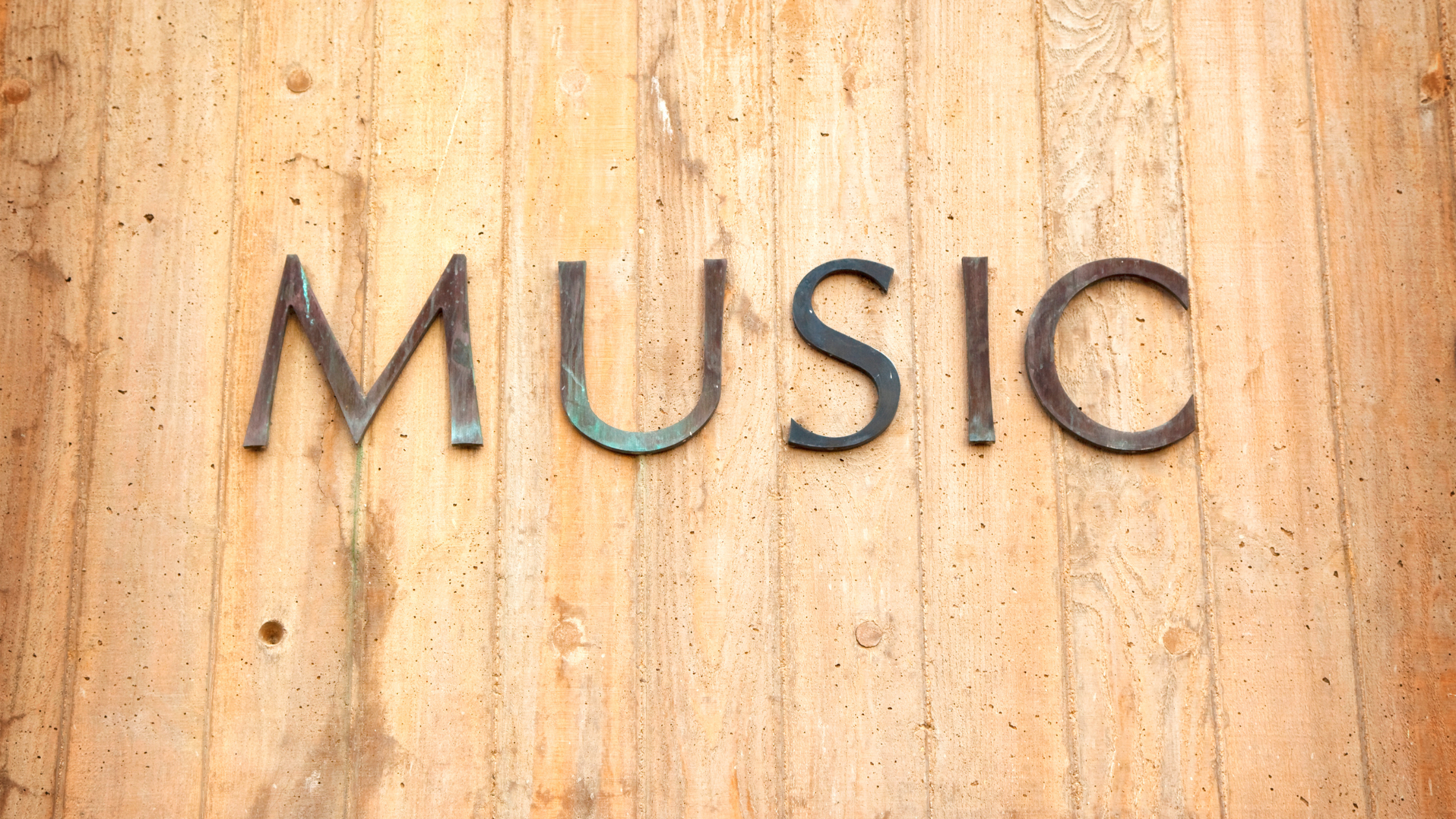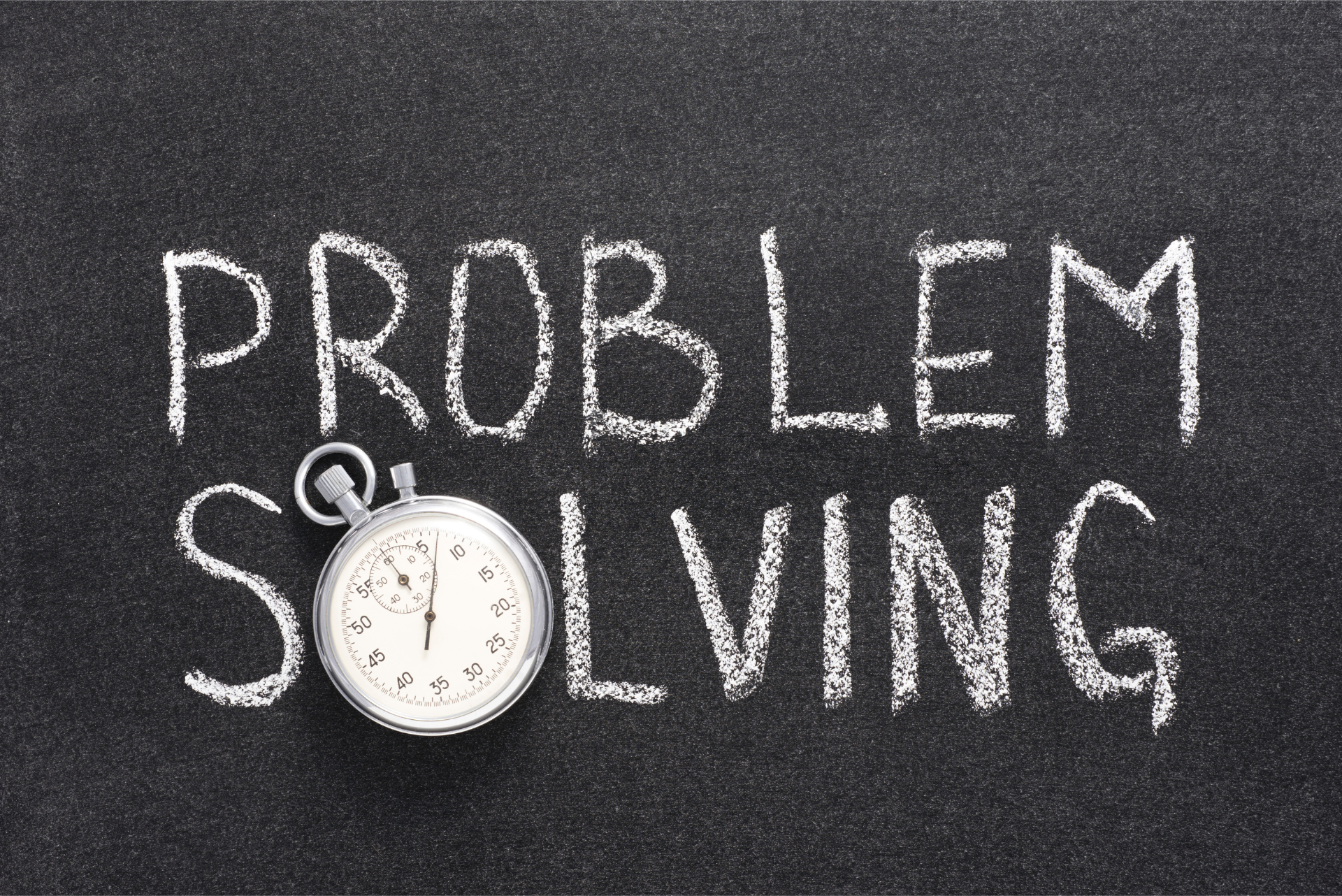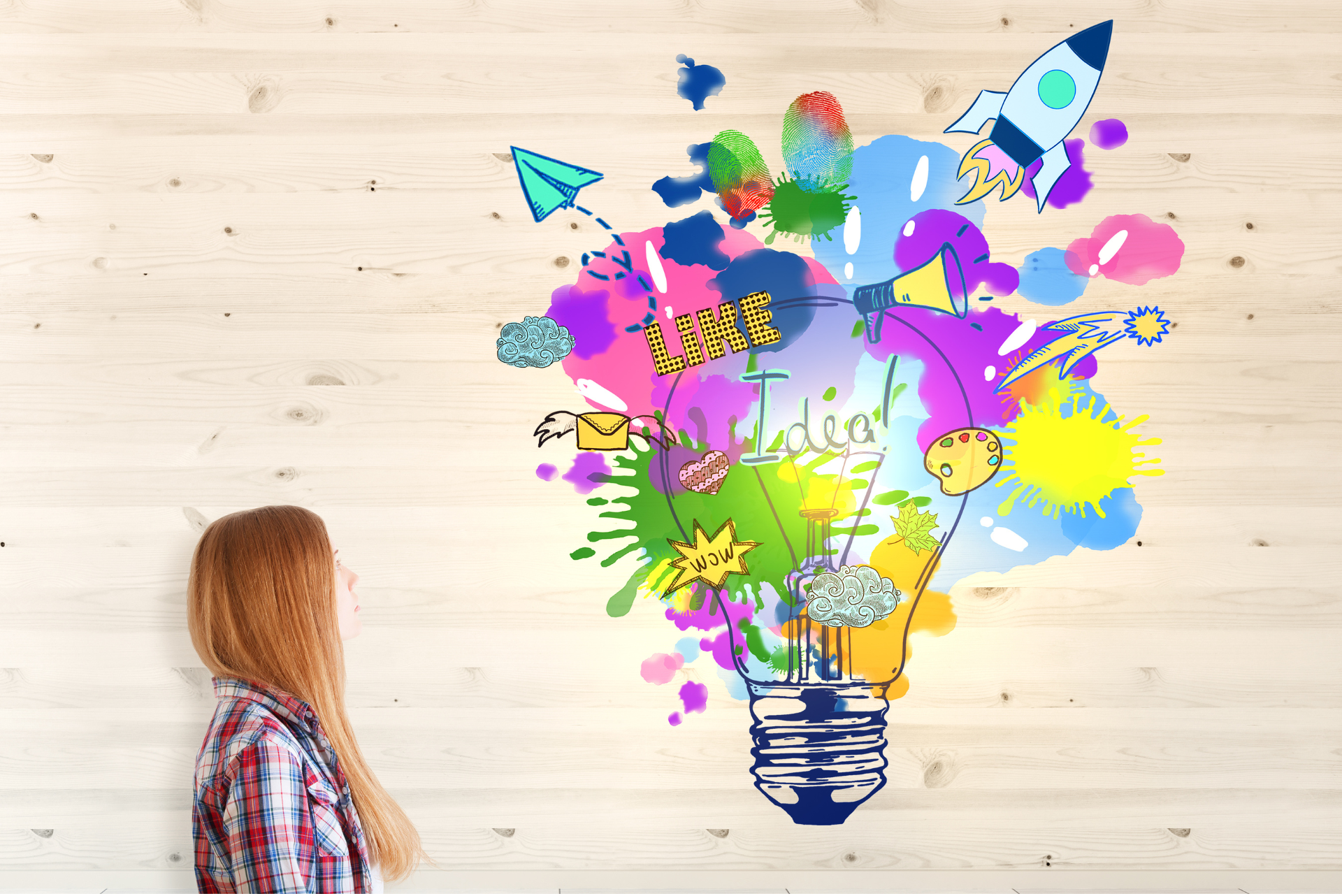What skills do you gain from playing an instrument?
Playing a musical instrument can help you develop a number of skills that will be useful in your life. For instance, playing music can help you better understand language and communication, improve your memory and focus and help you better manage stress.
In addition to the cognitive benefits of playing an instrument, there are plenty of physical benefits. For example, playing an instrument can help improve your motor skills and coordination, and can also help strengthen your immune system. So not only can playing an instrument make you smarter, but it can also make you healthier!
10 life skills you gain from learning music
Music is often seen as a creativity-boosting activity for a good reason. Studies have shown that learning music can help to improve creativity and problem-solving skills. In addition, music has been linked to increased mental well-being and improved brain function.

Here are more life skills that you may not have realized you could learn from music:
Improved communication skills. Learning music requires you to express yourself clearly and concisely, both verbally and non-verbally. This can be a valuable skill in both personal and professional settings.
Enhanced teamwork skills. Playing in a band or orchestra requires working closely with other musicians to create a cohesive sound. This can help you to develop essential teamwork skills that can be applied in other areas of your life.
Greater discipline and focus. Practicing an instrument or learning a new piece of music requires concentration and focus. This can help you to develop greater discipline and focus in other areas of your life.
Enhanced memory. Musicians often have to memorize large amounts of information, such as sheet music or lyrics. This can help to improve your memory and cognitive function in general.
Improved social skills. Learning music can be a great way to meet new people and make friends. It can also help you to develop better social skills overall.
Greater confidence. Performing on stage or in front of an audience can be a nerve-wracking experience, but it can also help you to build confidence in other areas of your life.
Enhanced multitasking abilities. Playing an instrument often requires using multiple parts of your brain simultaneously. This can enhance your multitasking abilities and make you more efficient overall.
Improved time management skills. Learning music often requires you to manage your time effectively to practice regularly and make progress. This can be a valuable skill in both personal and professional settings.
Greater patience. Learning music often takes patience, as it can take time to master an instrument or perfect a piece of music. This patience can translate into other areas of your life, such as business or relationships.
A richer understanding of emotion. Music is an emotional experience, and performing or listening to music can often evoke powerful feelings., This understanding of emotion can be beneficial in both personal and professional settings.
6 Skills You Can Learn From Playing Different Musical Instruments

Music is a powerful tool for learning and growth. Playing different musical instruments allows you to develop various skills that will benefit you in many areas. Here are six skills you can learn from playing multiple musical instruments:
Improved coordination and motor skills. Playing a musical instrument requires coordination and fine motor skills. By practicing these skills, you can improve your overall coordination and agility.
Improved concentration and focus. Playing musical instruments requires attention and focus. Regularly practicing these skills can improve your overall engagement and focus.
Improved memory and recall. Musical instruments often require memorizing music notes, chords and melodies. You can improve your overall memory capacity by regularly practicing your memory recall.
Improved creativity. Playing a musical instrument allows you to explore your creativity and express yourself in new ways. You can develop your creative thinking skills as you experiment with different sounds and music styles.
Improved self-discipline. Learning to play a musical instrument takes practice and self-discipline. By developing these qualities, you can translate them into other areas of your life.
Improved social skills. Playing music is a great way to connect with others and build relationships. You can develop your communication and teamwork skills as you interact with other musicians.
What are the benefits of learning to play an instrument?
Playing an instrument can be a great way to relieve stress, improve your mental well-being and boost your brain power. For instance, musical training can improve memory and concentration and increase verbal fluency.

Playing an instrument also requires split-second decisions and well-coordinated movements, which can help to sharpen your cognitive skills. In addition, music has been shown to reduce anxiety and promote relaxation. So whether you’re looking to boost your brain power or unwind after a long day, learning to play an instrument may be the perfect activity.
Why you should take up a musical instrument

There are many reasons why you should learn to play a musical instrument. Here are just a few:
A great way to relax and de-stress. Playing music is therapeutic and can help you to unwind after a long day.
Boost your brainpower. Studies have shown that playing an instrument can improve memory, concentration and problem-solving skills.
A fun way to meet new people. If you join a band or orchestra, you’ll get to socialize and make new friends who share your love of music.
Express your creativity. Learning an instrument allows you to be creative and explore different music-making methods.
Improve your sense of rhythm. When you play an instrument, you need to keep time with the music, which helps to develop your understanding of rhythm.
Boost your self-confidence. Performing in front of an audience can be nerve-wracking, but it’s also a great way to build confidence. Overcoming stage fright is a great feeling!
A lifelong skill. Once you learn how to play an instrument, you’ll be able to enjoy it for the rest of your life. Whether you’re playing for fun or performing on stage, it’s a skill that you’ll always be able to enjoy.
Cultural enrichment. You’ll learn about the history and origins of the music played on your chosen instruments and you’ll gain valuable insights into other cultures.
Fun! Last but not least—playing music is enjoyable!
Patience
Playing music at a constant interval is an excellent tool for cultivating patience. You can easily forget all these tiny things and do things that seem easy in music. However, you’ll see better results if you master the details. Some common teaching suggestions are to slow down practice for the students. Sometimes students have no concept of how quick practice is matched with rapid fluid playing. As long as we practice slow it is easy and quick that the music will start to get better. Slow and careful effort pays the biggest dividends. Practice such patience will teach you many things about your life.
Benefits of learning an instrument for children
Learning a musical instrument has many benefits for children. Not only is it a fun activity, but it also helps to develop important skills such as hand-eye coordination and memory recall. In addition, studies have shown that musical training can improve the brain’s structure, making children better able to process information and understand complex concepts. And because playing an instrument requires concentrated focus and discipline, it can also help children to develop self-control and patience. Ultimately, learning a musical instrument is an excellent way for children to boost their academic performance, mental well-being and overall enjoyment of life.
Physical Benefits of Learning to Play an Instrument
Most children love music, and there are many benefits to learning to play an instrument. Not only can it be a fun and rewarding hobby, but it can also help children develop important skills. For example, playing an instrument can improve children’s abstract thinking ability. This is because they need to understand complex pitch, rhythm and melody concepts. In addition, children who learn to play an instrument often have better coordination and motor skills. And according to some studies, children playing musical instruments also tend to score higher on verbal and nonverbal intelligence tests. So if you’re looking for a way to help your child develop intellectually, learning to play an instrument may be a great option.
Social Benefits of Music
Music is often seen as a source of entertainment, but it can also significantly impact our social lives. Studies have shown that music can increase our sense of empathy and understanding while also helping to reduce stress levels and anxiety.

Listening to music can also help to boost our mood and improve our mental well-being. In addition, music can be a great icebreaker, helping to facilitate new friendships and social bonds. And for those who play an instrument, music can provide a unique way to express oneself and connect with others.
Time management
Learning music can be a great way to improve time management skills. Many people new to music find that they must dedicate a significant amount of time to practice to improve. This can often be difficult to do, especially if there are other commitments such as work or school. However, managing one’s time effectively is an important skill that can benefit many different areas of life. Those who practice regularly and make the most of their time can often see significant improvements. In addition, learning time management skills can also help to reduce stress and anxiety levels. For many people, learning music is an enjoyable way to relax and unwind after a long day. By learning to manage one’s time effectively, it is possible to make the most of this experience and ensure progress.
Why should I learn to play a musical instrument?
Music has always been an important part of human culture. For centuries, people have used music to express themselves, tell stories and connect with others. Playing a musical instrument is one of the best ways to experience music. Playing an instrument can be challenging, but the rewards are great. You will develop a deeper understanding of music and gain a new skill that you can enjoy for the rest of your life. And who knows? You might become a professional musician one day!
Problem solving

When it comes to problem solving, music can be a powerful tool. Studies have shown that music can help to improve memory and cognitive skills. It can also boost concentration and stimulate the brain to improve problem solving. When you’re stuck on a problem, try practicing some music. It may help to get your creative juices flowing and give you the fresh perspective you need to find a solution.
Thinking On The Spot
Music brings people together and creates a shared experience, even if the music itself is unfamiliar. There’s something about the rhythm and the melody that can connect us deeply; that feeling is amplified when we share it with others. That’s why thinking on the spot can be a powerful tool for music making. When we’re improvising, we’re not just creating something new at the moment; we’re also connecting with our fellow musicians and the music itself in a different way from simply playing pre-written parts. It’s a more organic and natural way of music making, and it can lead to some of the most memorable moments in our lives. So next time you’re making music, don’t be afraid to think on the spot—you never know where it might take you.
Creativity

Many people believe that creativity is something you’re born with—either you have it, or you don’t. However, the reality is that creativity is a skill that can be developed and nurtured. Like any other ability, the more you practice, the better you’ll become at coming up with new and innovative ideas.
And music can be a great way to exercise your creativity muscle. Not only does creating music involve using your imagination, but it also requires you to think outside the box and come up with original solutions to problems. So if you’re looking for a creative outlet, consider picking up an instrument or giving songwriting a try. Who knows—you may surprise yourself with how creative you are!

In conclusion, playing an instrument provides a number of benefits that can be useful in your life. From improving your cognitive skills to strengthening your immune system, there are plenty of good reasons to pick up an instrument and start making music!


